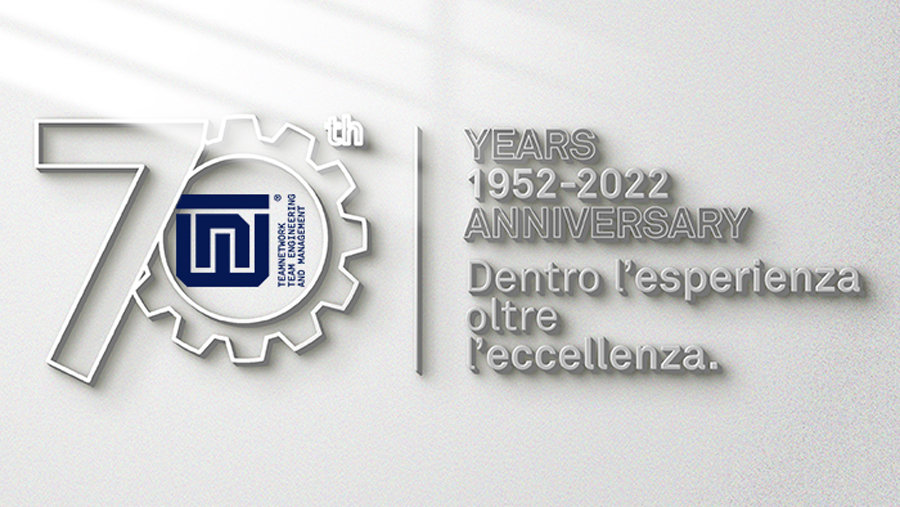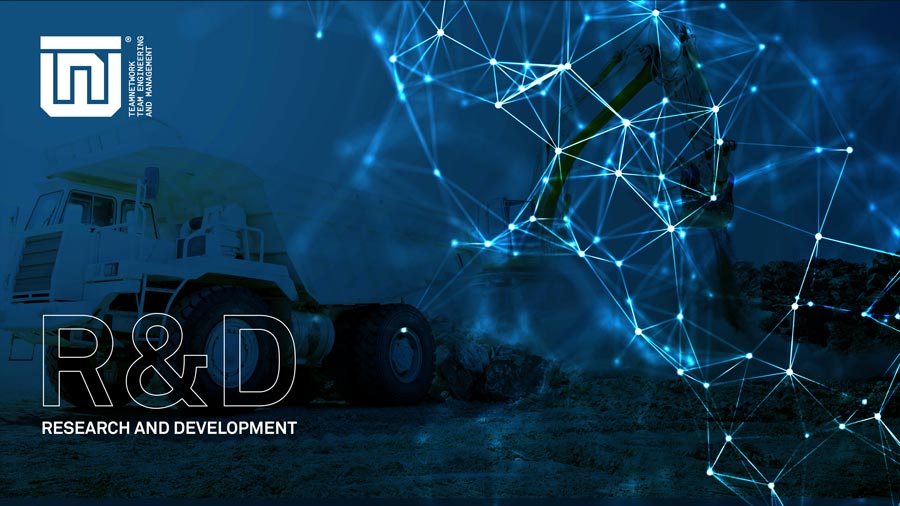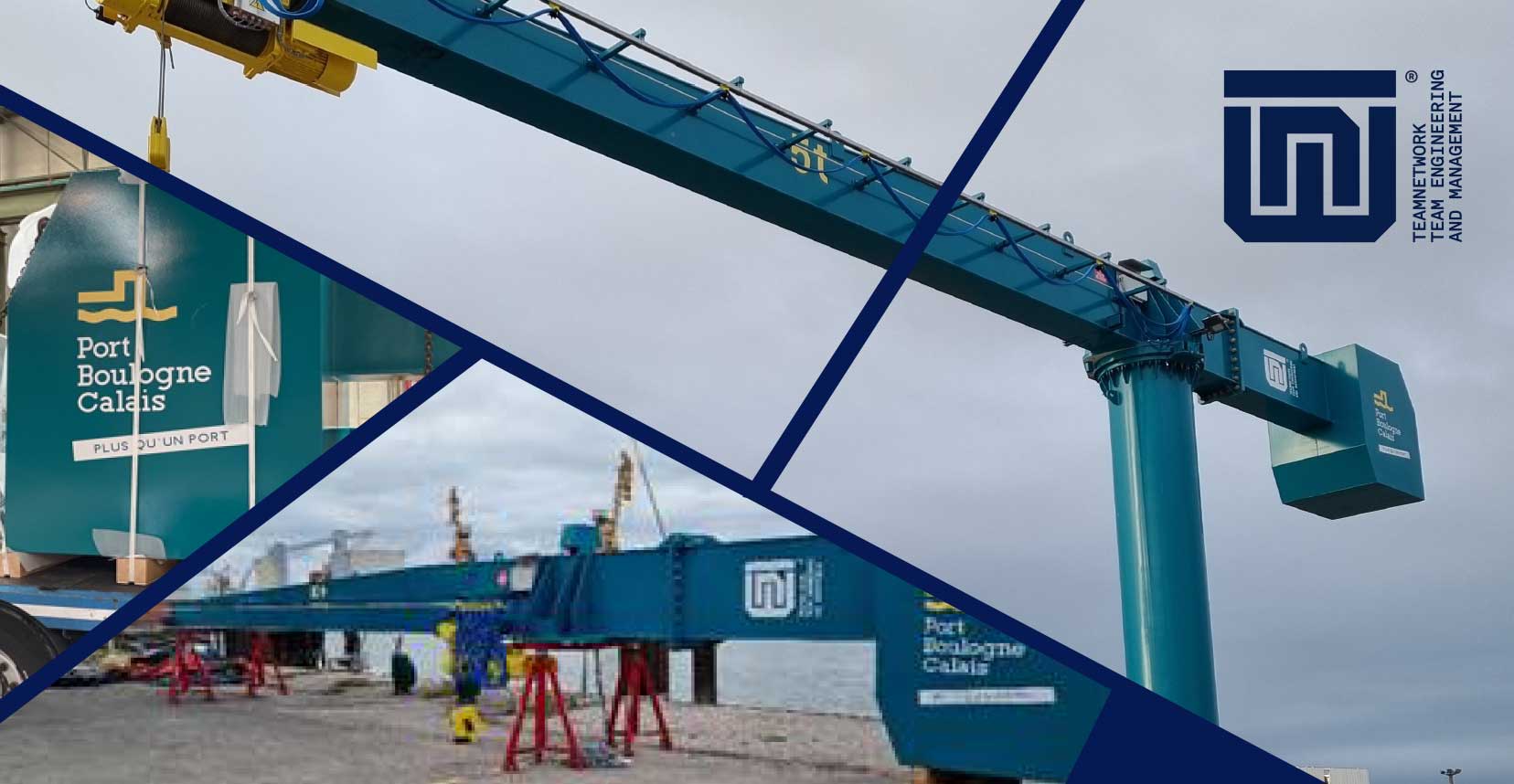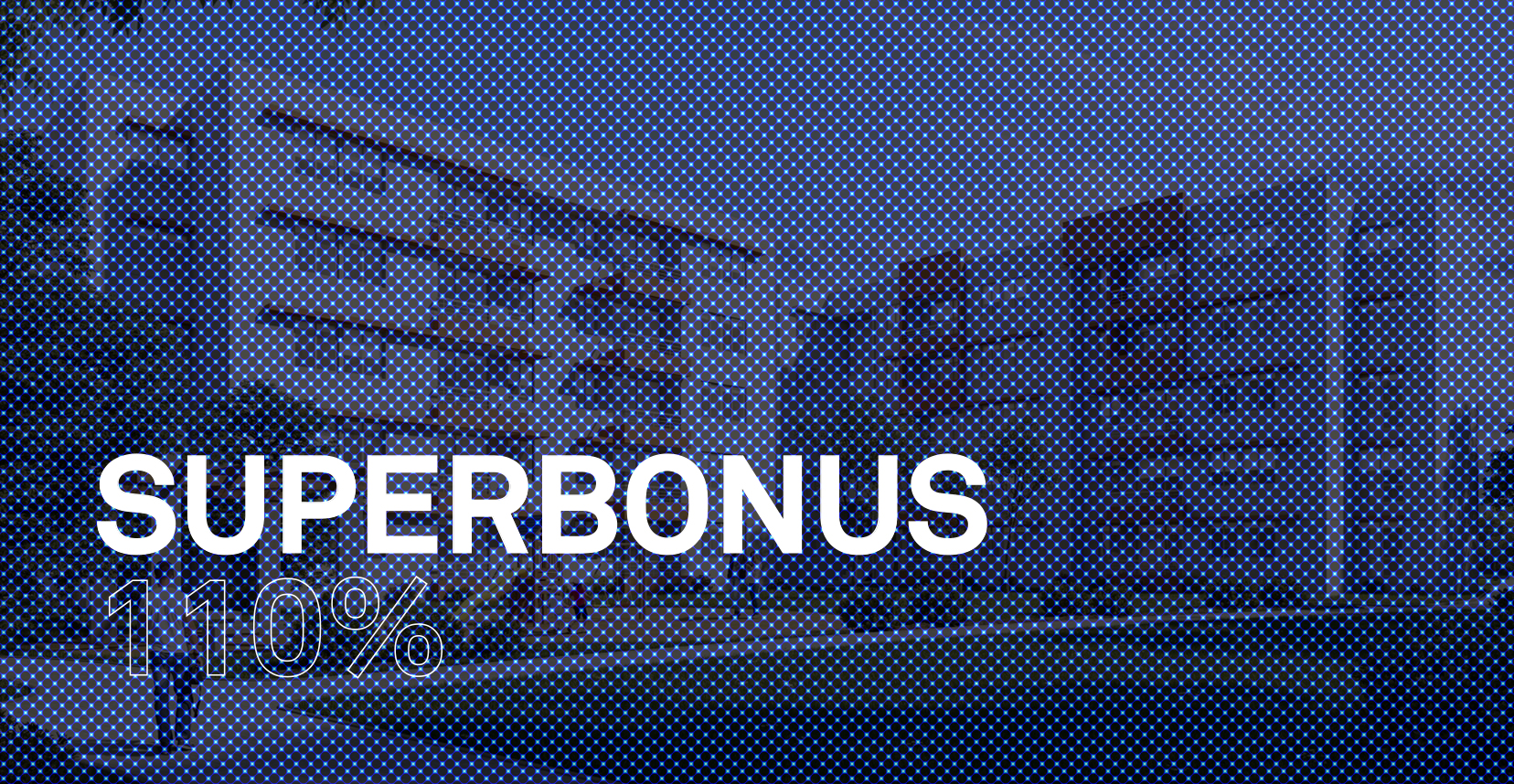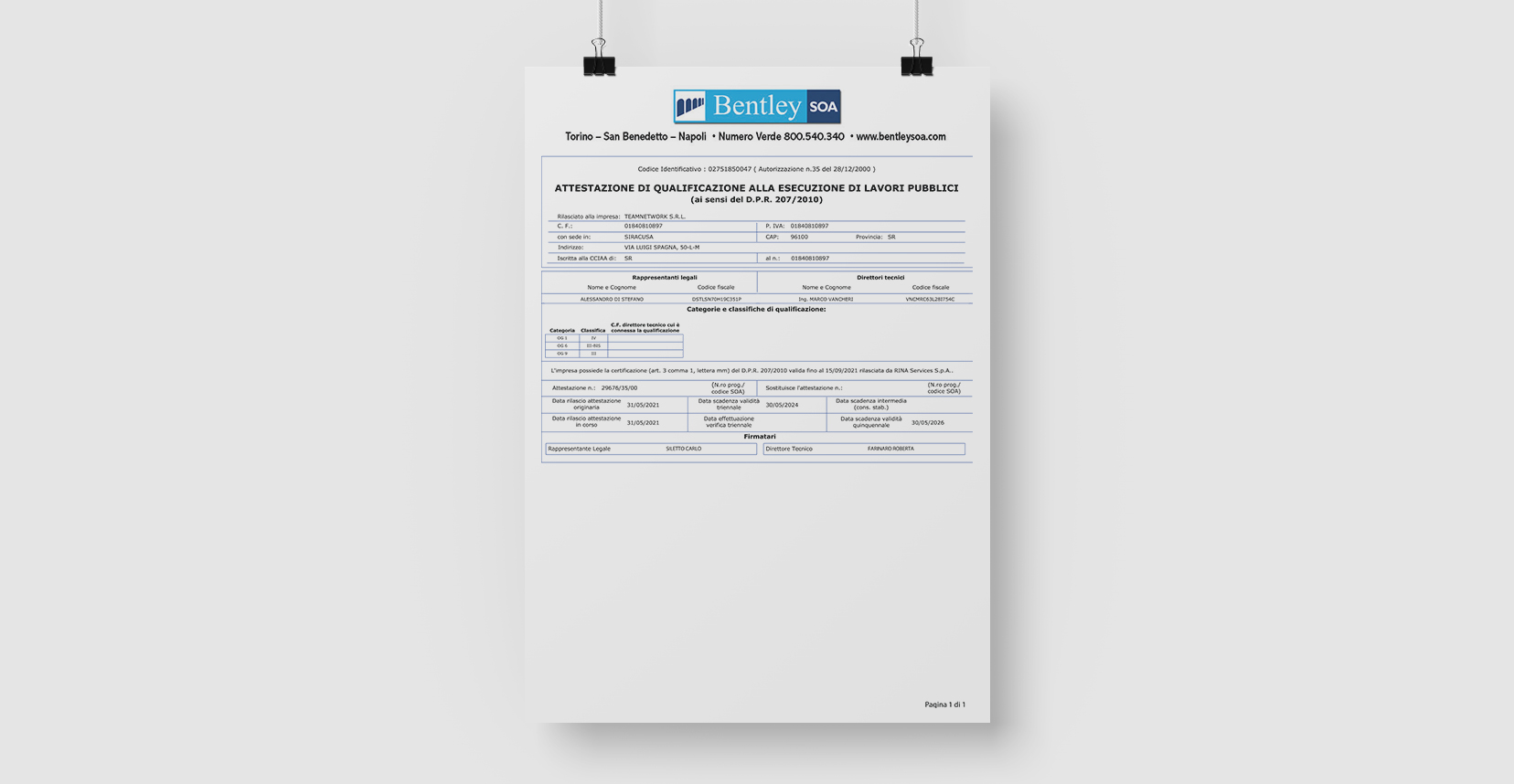
It is precisely the immaterial component that guarantees a position of competitive advantage for businesses, allowing them to increase their economic value in a lasting way in time and prolong their performance on the market. According to Jonathan Low (pioneer of the subjects of intangible assets and author of the book “Invisible advantage”), the importance of the intangible will increasingly prevail over that of the tangible, producing the passage from an economy based on industry and services to knowledgebased economy. And it is for this reason that companies are making and will make greater investments in knowledge, development, innovation and training of human resources than in tangible assets. Whatever the company does, it can do so thanks to people, because people develop creativity and technology.
Motivation of personnel at all levels is sharing information, i.e. a team spirit with objective-orientation. Human behaviour is the most difficult thing to manage. The infinite variety and unpredictability of human beings means that it is far more difficult to extract general evaluations from them. There is a good dose of imperfection. Nevertheless, people are the only element in companies with the intrinsic power to generate value. All the other variables, such as cash, receivables, materials, plant, equipment etc. offer nothing but inert potential. By their very nature they do not add anything, unless a human being releases that potential and puts it into action. People and not technology make the difference. A scenario that inevitably has to produce and send constant stimuli, promote the professional and cultural maturity of the people in a company, that has to motivate them. The corporation of the future will give increasing importance to relational components. Today there is a return to the centrality of the individual, to making the most of subjectivity, will, the non-mechanical gesture, what is not routine, in every field of knowledge and organizational action.
Organizations are made of people who think, desire, fight, hope and suffer and by so doing, they build up the destiny of the corporation. People ask the organization to meet a series of needs, as well as to guarantee satisfactory remuneration and safety in the work place, they want to feel part of a group, they need someone to listen to their requirements, the right to be wrong, humanity, help, the development of their personality, a reliable organization, recognition, participation, responsibility and the desire to see their professional capacities gratified. Work is important for man, it is as natural as leisure or rest. The role of superior as a creator of meaning and meanings in the daily action of the organization is therefore fundamental. his staff can and must contribute to the process of the exchange of ideas and express a sort of collective mind and shared meaning to promote a terrain of common action and teamwork. Just as the contribution of the individual is important and the result of the group is fundamental.
Victory is together, not alone.

